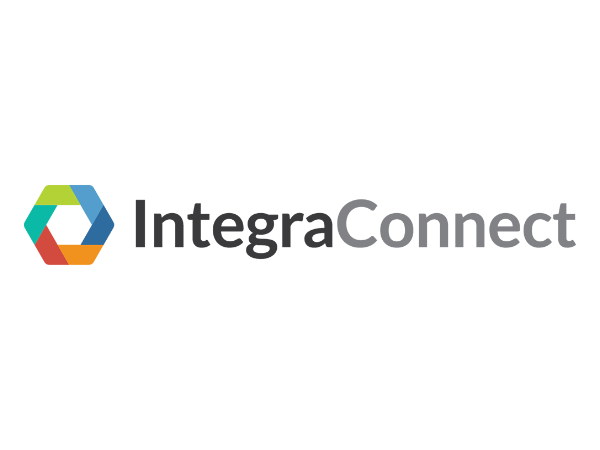How Quality Research Initiatives are Advancing Precision Oncology and Value-Based Care
May 10, 2023

Precision medicine and value-based care are buzzwords used over the last two decades. At inception, these principles were seen as two opposing forces in the fight against cancer. Now, industry leaders view precision medicine and value-based care as two sides of the same coin.
Data demonstrating the impact of value-based, precision medicine in oncology has started to emerge. Still, one trend is abundantly clear: value-based, precision medicine requires two forces to come together again – life sciences companies and oncology practices— to harness real-world data (RWD) that can be used to help patients get the right drug, at the right dose, at the right time.
Conversations between life science companies and oncology practices have revolved primarily around the volume of treatment-guiding rebates and discounts. But Integra Connect, a leader in value-based, precision medicine for specialty care, believes that the conversations are shifting to focus on patient quality and outcomes.
Case study: Moving from Real-World Data to Real-World Action
Genetic testing has seen significant scientific advancements and extensions into multiple disease areas. However, the uptake of genomic testing has faced barriers, and consequently, next-generation sequencing panels are underutilized. Despite an overall survival benefit.1,2
This is particularly true with non-small cell lung cancer (NSCLC). Approximately 1.6 million NSCLC cases are diagnosed each year, with 35% being stage IV at the time of diagnosis, driving poor life expectancy.3
With these insights in mind, life sciences organizations, oncology practice, and a technology partner collaborated on a multi-phase research initiative to determine ways to advance precision oncology in NSCLC.
- 2019-2021: UPMC’s Oncology Hematology Associates practice, AstraZeneca, and Integra Connect collaborated to leverage RWD and assess whether NSCLC patients received EGFR biomarker testing prior to treatment initiation. The three organizations then developed quality metrics around EGFR testing rates and treatment based on EGFR test results. Integra Connect’s practice-facing scorecards benchmarked performance on whether test results were obtained prior to initiating treatment. Armed with this information, UPMC practice leadership and physicians increased the number of patients who initiated treatment only after their EGFR test results were ‘in-hand’ from 72% of patients to 90% and increased overall biomarker testing from 53% to 80% for all seven recommended NCCN biomarkers.
- 2022: ThermoFisher, UPMC, and Integra Connect used RWD to show that NSCLC patient outcomes. Specifically overall survival (OS), was negatively impacted if the patient started therapy ahead of knowing the test result even if they were switched to the recommended targeted therapy once identified as being found positive for the respective biomarker and correspondingly not treated with the right drug at the right time. The study showed that overall survival was worse for those who started treatment prior to test results and did not switch (median OS of 15.3 months) or started treatment then switched after test results were received (median OS of 21.7 months). Compared to those who waited to receive the test results and then start treatment (median OS of 28.8 months)
Quality Research Initiatives: The ‘real’ RWD
There’s no shortage of data aggregators or RWD sets in oncology, but often these data sets include only claims or financial data. This type of information is important, but those working in cancer need both to better understand how cancer care is delivered, treatments are chosen, and outcomes are achieved in the real-world.
Integra Connect works with community oncology practices and life sciences organizations on quality initiatives (QIs) to bring the real-world perspective to those working against cancer. Its QI solutions help identify gaps in care, deviations from standards-of-care, and disseminate evidence to support optimal decision-making and behavior change. These efforts are underway in NSCLC, prostate cancer, breast cancer, ovarian cancer, chronic lymphocytic leukemia, multiple myeloma, and more.
Learn how oncology practices and life sciences companies can work with Integra Connect to leverage RWD to improve quality and outcomes in patients with cancer.
1 Al-Ahmadi A, Ardeshir-Larijani F, Fu P, Cao S, Lipka MB, Dowlati A, Bruno DS. Next Generation Sequencing of Advanced Non-Small Cell Lung Cancer: Utilization Based on Race and Impact on Survival. Clin Lung Cancer. 2021 Jan;22(1):16-22.e1. doi: 10.1016/j.cllc.2020.08.004. Epub 2020 Sep 18. PMID: 33397584.
2 Maruthi VK, Khazaeli M, Jeyachandran D, Desouki MM. The Clinical Utility and Impact of Next Generation Sequencing in Gynecologic Cancers. Cancers (Basel). 2022 Mar 7;14(5):1352. doi: 10.3390/cancers14051352. PMID: 35267660; PMCID: PMC8909263.
3 “Lung Cancer Survival Rates.” 5-Year Survival Rates for Lung Cancer, https://www.cancer.org/cancer/lung-cancer/detection-diagnosis-staging/survival-rates.html.






